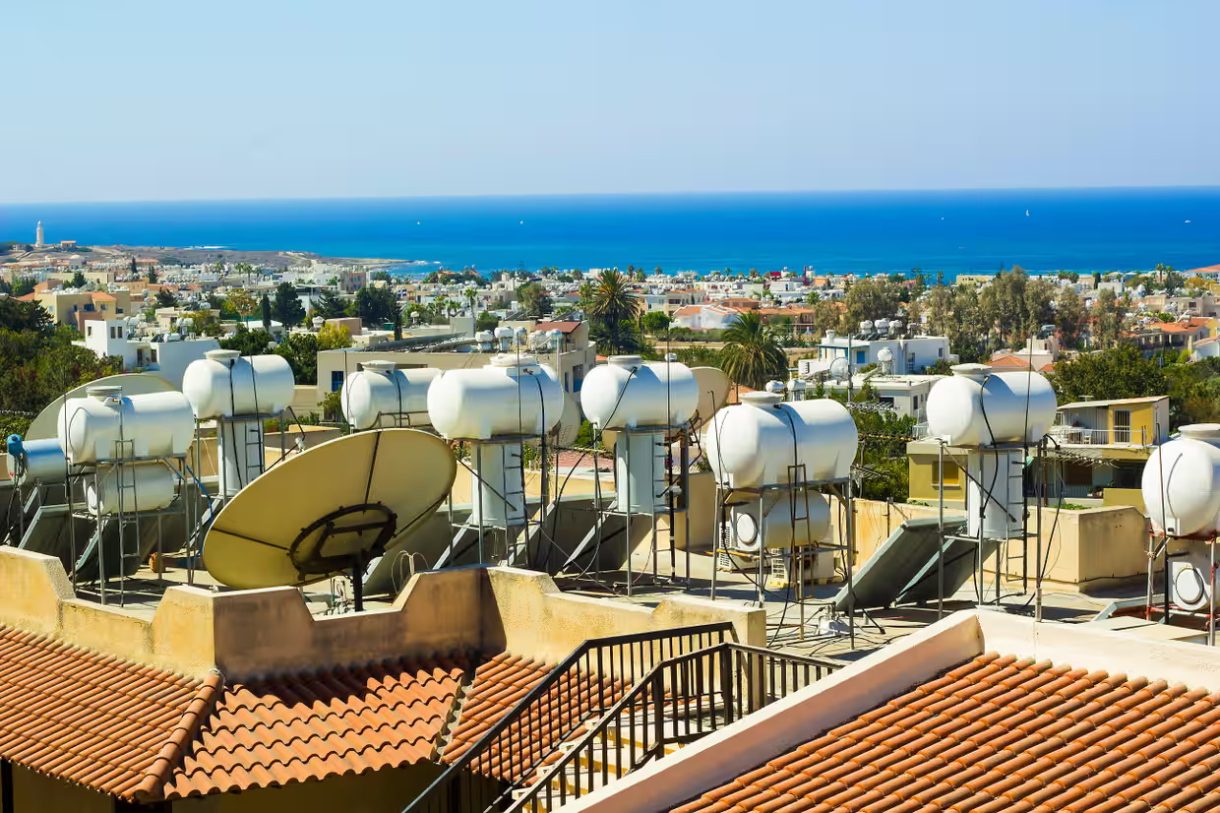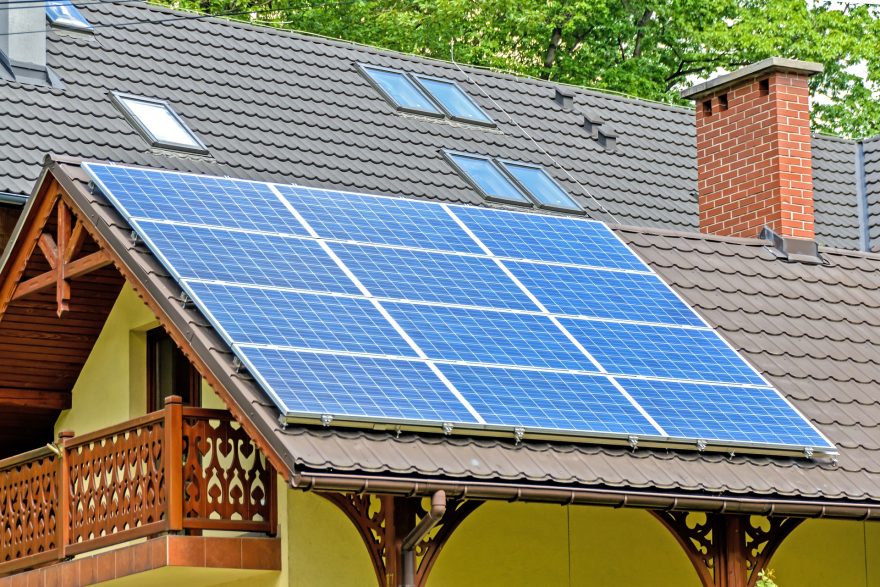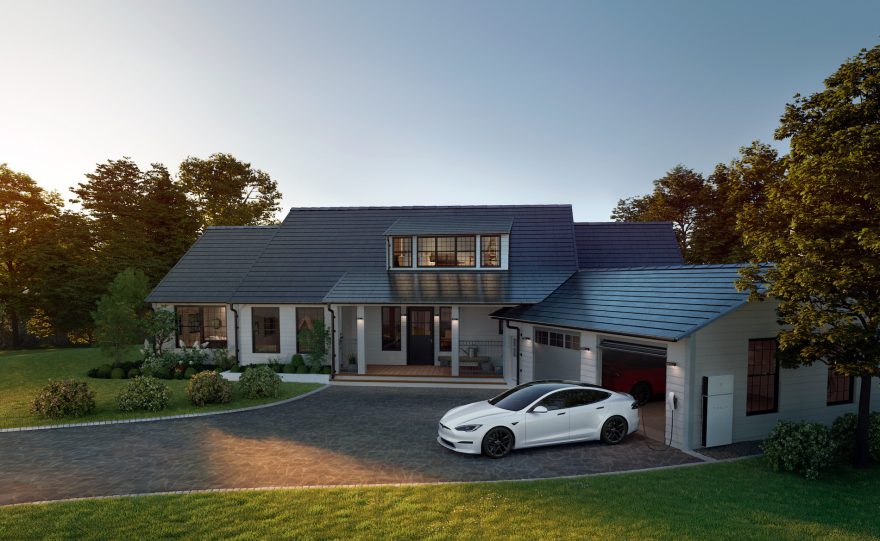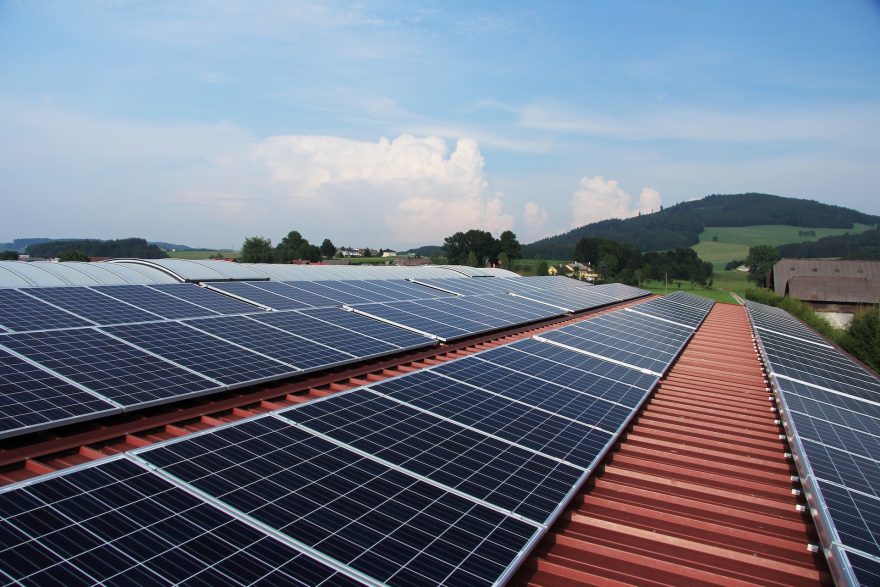“We have free hot water”: How Cyprus has become a world leader in solar heating
 Alberto Noriega
Alberto Noriega

This success lies in the simplicity and effectiveness of the technology. As Charalampos Theopemptou, a member of parliament and former commissioner for the environment in Cyprus, explains: Solar heating system is “a wonderful solution for household hot water needs”With just a few solar panels, a tank and copper pipes, the systems can harness the sun’s energy to efficiently generate heat, a resource that in most countries still depends on electricity or the burning of fossil fuels. “It is very simple and has been an ideal solution for decades.”, adds Theopemptou.
An economic and sustainable resource
One of the main attractions of solar heating systems in Cyprus is their ability to reduce energy costs. In a country that enjoys more than 300 days of sunshine a year, the initial investment is quickly amortized thanks to low operating costs. Solar systems can heat a 200-litre tank of water with just a few hours of sunlight, enough to cover a household’s needs for 48 hours. In cases of cloudy days, which are rare on the island, users have the option of turning to electricity as a backup, but the use of electrical energy to heat water is minimal compared to other sources.

This model has not only been key for low-income families, but has also generated a thriving industry. According to Theopemptou, the adoption of solar energy for water heating has created numerous jobs in component manufacturing and system installation.. Local companies, such as Thriamvos, carry out up to four installations a day across the country. “It’s big business,” says Theopemptou, “and It has been particularly beneficial for families looking to save on their bills. of electricity”.
The quick installation of these systems is also another attractive factor. Petros Mihali, an installer at Thriamvos, explains that a typical installation takes no more than two hours. With the help of cranes, the team quickly assembles the solar panels, water tank and support system., ensuring that the home “goes into the sun” in record time.
Solar energy and tourism: a shared success
It is not just households that are benefiting from this technology in Cyprus. The tourism industry, one of the most vibrant in the country, has also widely adopted solar heating systems. Almost 100% of the hotels on the island use solar energy to heat water, a solution that not only reduces operating costs, but also contributes to the country’s sustainability efforts. With climate change severely affecting the Mediterranean, the use of renewable energy has become crucial to mitigate environmental impacts and maintain the competitiveness of the tourism sector in Cyprus.

Although electricity arrived late to many rural areas of the country, Solar systems were often installed before electricity grids, allowing households in remote areas to benefit from access to hot water much sooner. than other modern conveniences. This reinforces the idea that solar energy is not only efficient, but also an affordable solution in places where electrical infrastructure is limited.
Aesthetic and urban planning challenges
Despite the success of solar systems, not everything is perfect. Theopemptou himself admits that Solar panels and tanks on roofs are not the most visually appealing. “They are ugly on the roofs”, he laments. However, despite the aesthetic criticism, the former commissioner remains convinced that technology should be mandatory in all buildings in the region. In fact, during his tenure as environmental commissioner, he pushed for regulations that Architects are now required to ensure that the roofs of new buildings can withstand the installation of these systems.
Theopemptou’s only regret is that he failed to implement stricter regulations to improve the aesthetic appearance of the facility. Still, he stresses that, Given the privileged climatic conditions of Cyprus, any visual inconvenience is outweighed by the environmental and economic benefits. that solar systems offer.

The future of solar energy in Cyprus
As Cyprus moves towards a more sustainable future, solar water heating systems remain a key component of its energy strategy. With the country’s continued reliance on fossil fuels such as oil and dieselFor its electricity grid, the widespread use of solar energy in homes and hotels is a crucial step towards reducing emissions and meeting the greenhouse gas reduction targets imposed by the European Union.
Furthermore, economic incentives have facilitated the adoption of this technology. As Demetra Asprou, a retired engineer and solar system enthusiast, explains, the cost of installation, although higher today, can be amortized in one year thanks to subsidies financed by the European Union. For Asprou, who has used the system for almost 40 years, the choice is obvious: “Why use traditional methods to heat water when the sun can do it for free?”
Cyprus is an example of how a country can harness its natural resources to create a more sustainable and affordable energy systemAs the world looks for cleaner alternatives to fossil fuels, Cyprus’ experience in using solar energy could serve as an inspiration to other countries looking to reduce their energy costs and minimize their carbon footprint.
